Elements of the Mathematical Theory of Electricity and Magnetism
The study of these simple cases would, I think, often be of advantage even to students whose mathematical attainments are sufficient to enable them to follow the solution of the more general cases. For in these simple cases the absence of analytical difficulties allows attention to be more easily concentrated on the physical aspects of the question, and thus gives the student a more vivid idea and a more manageable grasp of the subject than he would be likely to attain if he merely regarded electrical phenomena through a cloud of analytical symbols. I have received many valuable suggestions and much help in the preparation of this book from my friends Mr H. F. Newall of Trinity College and Mr G. F. C. Searle of Peterhouse who have been kind enough to read the proofs. I have also to thank Mr W. Hayles of the Cavendish Laboratory who has prepared many of the illustrations.
{{comment.content}}

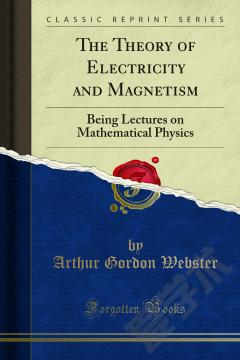
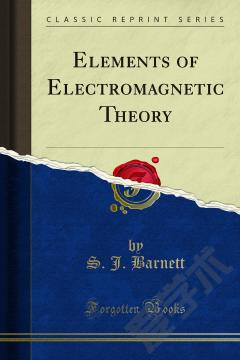
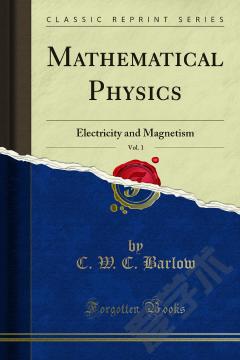
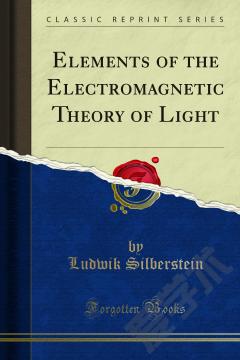
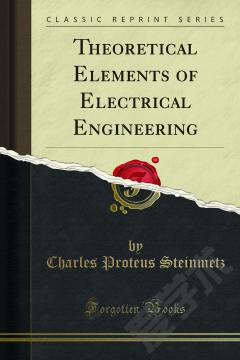


 京公网安备 11010802027623号
京公网安备 11010802027623号